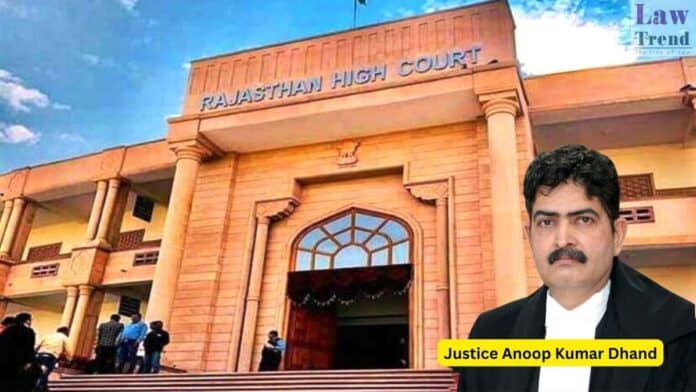In a significant ruling, the Rajasthan High Court has refused to permit the termination of a 30-week pregnancy, citing concerns about the health of the petitioner and the unborn fetus. The Court observed that the fetus, nearing full development, also has a constitutional right to life under Article 21 of the Indian Constitution. The decision
To Read More Please Subscribe to VIP Membership for Unlimited Access to All the Articles, Download Available Copies of Judgments/Order, Acess to Central/State Bare Acts, Advertisement Free Content, Access to More than 4000 Legal Drafts( Readymade Editable Formats of Suits, Petitions, Writs, Legal Notices, Divorce Petitions, 138 Notices, Bail Applications etc.) in Hindi and English.




